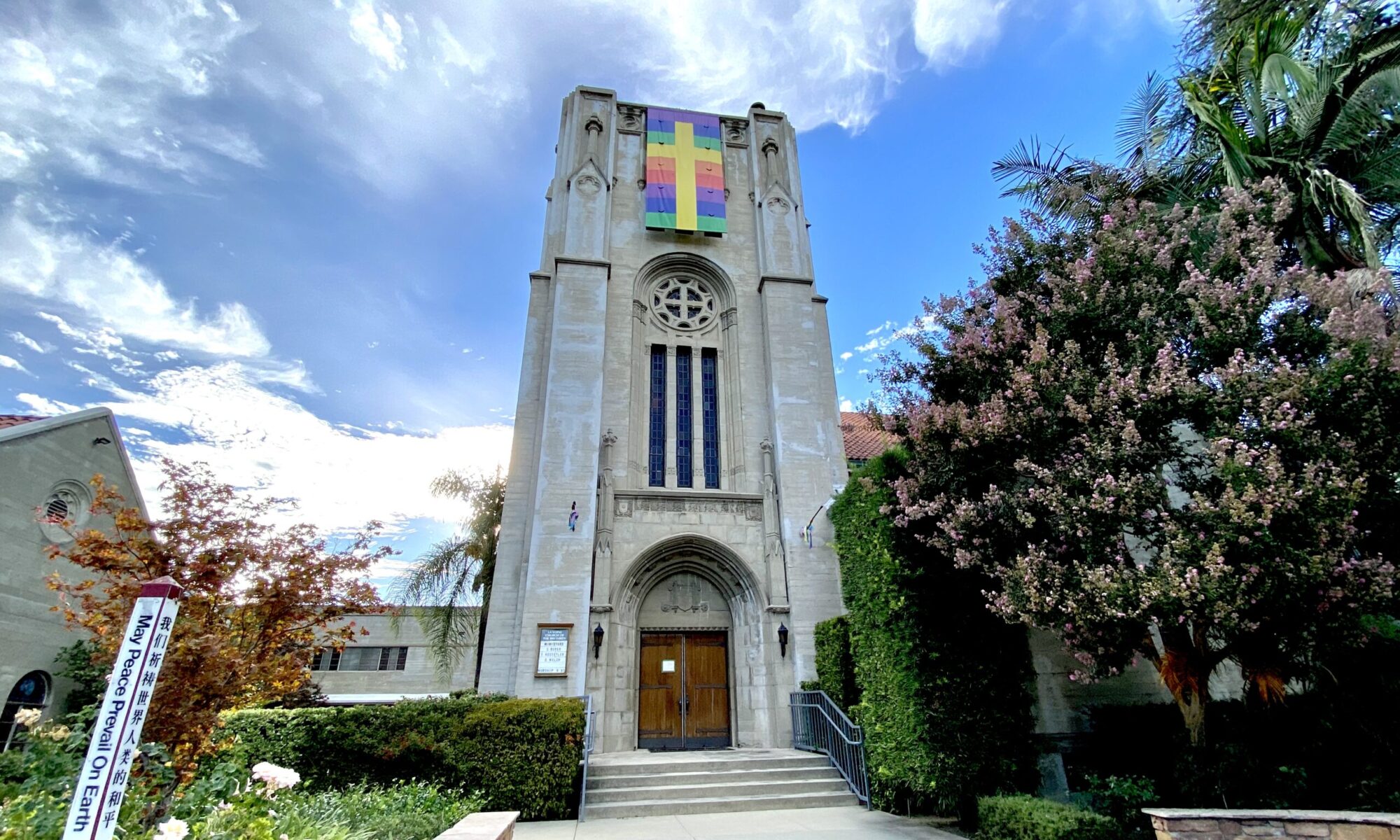1. Ruby Nell Bridges
On November 14, 1960, at just 6 years old, Ruby Nell Bridges became the first Black child to desegregate the all-white William Frantz Elementary School in New Orleans. She faced a crowd of angry protesters as she walked into the school escorted by her mother and four federal marshals. For the rest of that year, federal marshals escorted her to school where she was taught in a classroom by herself with her teacher, Barbara Henry, who was the only teacher out of the whole school who had agreed to teach Ruby. Ruby Bridges, be welcome at our table…
2. Bayard Rustin
Bayard Rustin was a man of principle and talent. A socialist, a Quaker pacifist who refused to fight in WWII and went to prison for it, a proud gay Black man in a time of deep homophobia, a gifted singer and a powerful civil rights and labor organizer, Rustin was the organizing force behind the 1963 March on Washington for Jobs and Freedom. Bayard Rustin, be welcome at our table…
3. Rachel Carson
A marine biologist, writer and conservationist, Rachel Carson helped to spark the global conservation movement with the publication of her book Silent Spring, where she highlighted the dangers of synthetic pesticides upon the environment. Her concerns were met with fierce resistance from chemical companies, but her work inspired a grassroots movement and eventually DDT and other dangerous pesticides were banned. Rachel Carson, be welcome at our table.
4. Marian Wright Edelman
Marian Wright Edelman, the first Black woman admitted to the Mississippi Bar, has been a powerful and tireless voice for children who are poor, children of color, and children with disabilities. In 1973 she founded the Children’s Defense Fund, an organization that has had a wide influence as an advocacy and research center for children’s issues and children’s rights. As she has said, “As adults, we are responsible for meeting the needs of children. It is our moral obligation.” Marian Wright Edelman, be welcome at our table.
5. Wilma Mankiller
A Native American activist, social worker, community developer, and the first female Chief of the Cherokee Nation, Wilma Mankiller helped her people by building health clinics, establishing early childhood education opportunities, job training programs and new revenue streams for the tribe. In addition, Wilma Mankiller helped secure the adoption of the Indian Child Welfare Act to prevent Native children from being removed from their culture. Wilma Mankiller, be welcome at our table…
6. Judith Heumann
Judy Heumann is a lifelong and tireless civil rights advocate for people with disabilities. Affected by polio at 18 months old, she has used a wheelchair most of her life. She and her parents had to fight for her right to a mainstream public education, and she later sued the Board of Education in New York after she was denied a teaching license because they claimed she was a hazard in the event of a fire. She became a teacher and later a government administrator for disability programs and rights, including co-founding the World Institute on Disability. Judy Heumann, be welcome at our table…
7. Grace Lee Boggs
Grace Lee Boggs was a philosopher and a Chinese American civil rights and labor activist who was adamant about revolutionary justice. Strongly committed to solidarity between Asian and Black Americans, she and her husband, James Boggs, were also noted figures in Detroit’s Black Power movement. Together they created Detroit Summer, a multiracial and intergenerational collective that focused upon youth empowerment and social change. In her words, “the only way that we survive is by taking care of each other.” Grace Lee Boggs, be welcome at our table…
8. Jeannette Rankin
Jeannette Rankin was the first woman to hold federal office in the United States after being elected to the House of Representatives as a Republican from Montana in 1916. A suffragist and labor and women’s rights advocate, Rankin was also a lifelong pacifist. She was one of 50 House members who voted against US involvement in the First World War, and the only House member who voted against the declaration of war on Japan in 1941. Jeannette Rankin, be welcome at our table…
9. Fred Rogers
Fred Rogers, also known as Mr. Rogers, was a Presbyterian minister and the creator and host of Mr. Rogers’ Neighborhood, a children’s show that took children’s emotional and physical concerns seriously. With care and sensitivity, he addressed hard topics like death, racism, divorce and sibling rivalry, making him an important part of children’s lives for over 30 years. Mr. Rogers, be welcome at our table…
10. Cesar Chaves and Dolores Huerta
As labor leaders and civil rights activists, Cesar Chavez and Dolores Huerta co-founded the National Farm Workers Association, an organization that became an important voice for justice for farm workers. The pair organized boycotts and strikes, set up voter registration drives, and lobbied for legislative relief for farm workers, many of whom were exploited by powerful landowners and lived in poverty. Cesar Chaves and Dolores Huerta, be welcome at our table…
11. Margaret Sanger
In 1916, Margaret Sanger, a nurse by training, opened the first birth control clinic in the United States. This led to her arrest for distributing information about contraception. Connecting women’s well-being with the right to control their own fertility through birth control, Sanger founded the American Birth Control League in 1921, which eventually became the Planned Parenthood Federation. Sadly, Sanger’s legacy has been marred by her support of eugenics, a painful reminder that the line between good and evil cuts through every human heart. Margaret Sanger, be welcome at our table…
12. James Baldwin
James Baldwin was a novelist, playwright, poet, essayist and a voice of the Civil Rights Movement as well as the gay liberation movement. His powerful analysis of the ugliness of white racism and his ability to articulate the depth of black America’s frustration and pain remain unmatched. James Baldwin, be welcome at our table…
